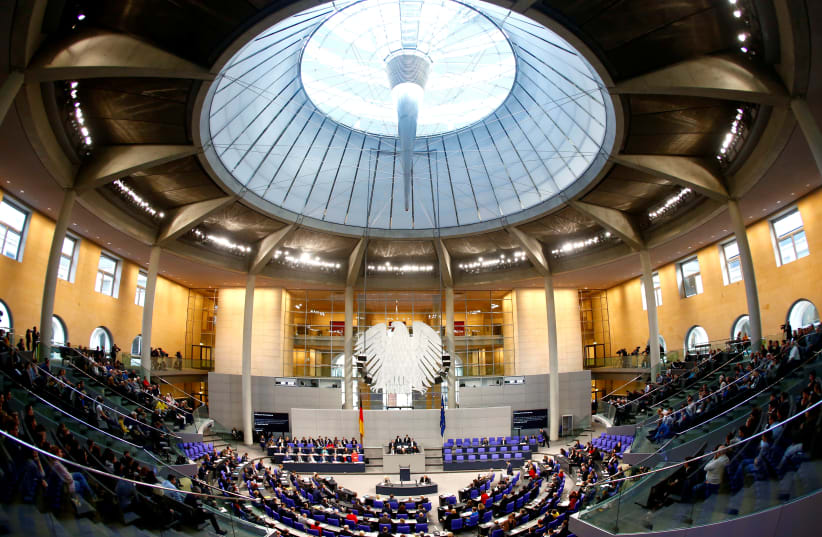Article 116 of the German constitution states that "former German citizens who, between 30 January 1933 and 8 May 1945, were deprived of their citizenship on political, racial or religious grounds and their descendants shall, on application, have their citizenship restored."However in 2017 and 2018, out of almost 10,000 applications made under Article 116, only 3,900 were approved. While the decrees loosened the conditions needed for citizenship, organizations claim that more needs to be done by the German government to allow more people to have their citizenship reinstated.
On January 30, "reparation in the German nationality law" was on the agenda of Germany's parliament.
The push for a new law was brought by the Article 116 Exclusions Group which represents more than 100 people, mostly of Jewish descent, who have had applications rejected or been told they are not eligible to apply.
But the center-right Christian Democratic Union and Christian Social Union (CDU+CSU), and center-left Social Democratic Party (SPD) blocked the law, insisting that the decrees were sufficient.
"We believe that a legal regulation instead of the status quo would not bring about an improvement, but rather a delay and perhaps even an aggravation [of the situation]," Michael Kuffer, of the CSU, argued in the debate.
"In this respect, we are of the opinion that there is no need for a new law," he added.
According to the Article 116 Exclusions Group, while the new decrees seem to facilitate the naturalization process, applicants still face many struggles including demonstrating knowledge of German and of the country's legal and social order and living conditions in a personal interview.
As applications continue to be rejected, the Article 116 Exclusions Group continues to fight to ensure that German Jews who fled the Nazi regime and their descendants' right to German citizenship — without exception — is written into law.
